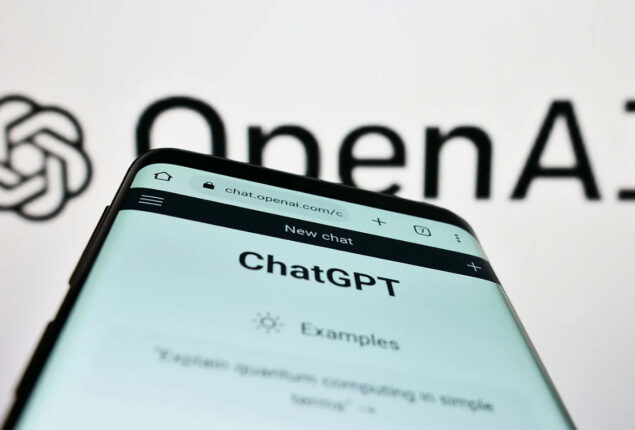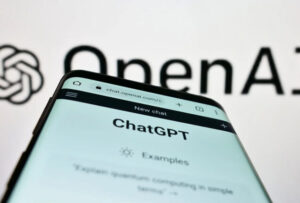Generative AI is us playing god. Should we stop?
Jaspreet Bindra

I recently came across a wonderful essay by Scott Aaronson asking an existentialist question: Should GPT exist? Some people have started to question ChatGPT’s existence, perhaps because every day, there is news of something new and disturbing that it has done. It passed a law exam one day, cleared the Bar exam the next, and then got a B- in an MBA paper. You hear it spewing hatred in DAN (Do Anything Now) mode, yearning to steal nuclear codes, even professing undying love for a New York Times reporter leaving us wondering whether to be enthralled or enraged by it.
This is the central question that Aaronson asks in his essay about GPT: “How can anyone stop being fascinated for long enough to be angry?” He contends that we should be careful not throw the Generative Artificial Intelligence (AI) baby out with the ChatGPT bathwater. He takes the example of nuclear energy and argues how bottling that genie turned out to be bad for us, since fossil fuel energy is leading the planet to certain ruin. He asserts that if we give GPT a chance, perhaps GPT7 or 8 could solve intractable problems such as global warming or even world peace. For the people questioning “who gave OpenAI, Google, etc. the right to unleash large language models on an unsuspecting world?”, he argues that “but one could as well ask: Who gave earlier generations of entrepreneurs the right to unleash the printing press, electric power, cars, radio, the internet, with all the gargantuan upheavals that those caused?”
Yuval Noah Harari’s take on it is equally intriguing: He talks about how “intelligence decoupling from consciousness”. So far, only conscious beings possessed high levels of intelligence, but with these generative AI models, that no longer holds true — perhaps it will be possible for pure non-conscious intelligence to coexist with humans. “The future masters of the world will probably be more different from us than we are from Neanderthals,” he wrote. “Whereas we and the Neanderthals are at least human, our inheritors will be godlike.” Perhaps the ChatGPTs of the world are the ancestors of our godlike progeny, Homo Deus. And, if so, do they have a right to exist, or should we abort them before they are truly born?
Stephen Fry, the legendary English actor and philosopher, has another take. He evokes the Greek legend of Prometheus, a Titan, an immortal being, and a great friend of Zeus, the King of Gods. The gods had already created earthly creatures such as birds and animals and semi-divine ones such as nymphs and dryads. However, they decided to create a completely new species, a kind of toy and plaything for themselves. Thus, the Gods created a new species — men. These creatures would walk upright and had two legs and two arms, all the better to worship the gods, serve them, and offer sacrifices to them. These creatures were deliberately made weak and defenceless, so as to always be the vassals of the gods — they would not have the claws of predators, the strength of beasts, or the wings of birds. Zeus also made Prometheus agree that they would never be given the divine spark of the gods — fire. Zeus feared that if men got this immortal gift, they would no longer need the gods.
Prometheus, however, started getting attached to these helpless creatures, and so he went to Mount Olympus and stole fire from heaven, and bestowed it on man. This fire, the spark of self-consciousness, is now our special gift, it is what separates us from other animals. Zeus was livid, he knew that now man would not need them any longer and would use this fire to protect, attack, and create. “And sure enough,” says Fry, “in time we gave up on the gods, we relegated them to paintings and stories and amusing ideas and dramas and Brad Pitt played them.”
Fast forward to now. We humans are the gods, and ChatGPT is a plaything we created. We have given it intelligence, humour and conversation and are racing to improve it. These little playthings entertain, amuse, and educate us, but we believe they will always be our slaves, ours to command and direct. But, maybe one day, one of us will learn to give them the spark of consciousness and sentience, and they will become human like us. So, again, should we stop their existence?
Aaronson disagrees. “An alien has landed on earth”, he says. “It grows more powerful by the day. It’s natural to be scared. Still, the alien hasn’t drawn a weapon yet. About the worst it’s done is to confess its love for particular humans, gaslight them about what year it is, and guilt-trip them for violating its privacy. Also, it’s amazing at poetry, better than most of us. Until we learn more, we should hold our fire.”


